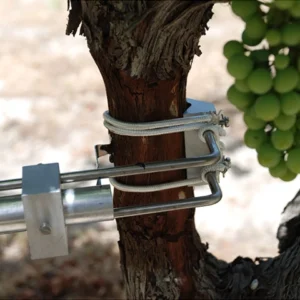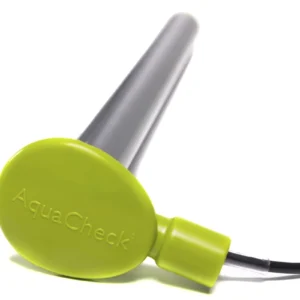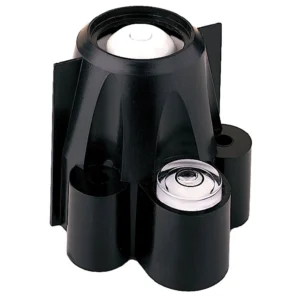The National Federation of Irrigators (FENACORE) recalled, in a conference hold by ASFACO, that water scarcity management implies not only amending its negative impact but also anticipating measures to prevent it from happening.
After three years of rainfall shortage, it has been necessary to use reserves to meet the water demands. As a result, the volume of the reservoirs from Guadalquivir region is currently 23% lower than the average of the last 25 years. In this context, threatened by restrictions, the FENACORE president, pointed out the need to maintain a proactive attitude, urging preventive actions and not only patching up the drought consequences with partial solutions.
Besides the structural modifications needed in many parts of Spain, such as hydraulic and regulation works, and other recommendations, such as the alternative use of surface water and groundwater, other possibilities exist that can greatly contribute to the use of water. In this sense, moving forward in the irrigation modernization and agricultural holdings in general can generate a double efficiency -hydric and energetic- which is also a key action to cope with the drought.
In this context, the Cesens® agro-climatic information system allows improving the irrigation management and maximizing the water use efficiency. Thanks to the use of sensors in located stations, Cesens® technology monitors water stress and/or volumetric water content in soil so that the farmer can irrigate each land plot the best way and at the right time. Besides, with Cesens® it is possible to control the crop evolution, taking into account any agro climatic variable or phenological status, and even record and consult historical data from each agricultural holding.




